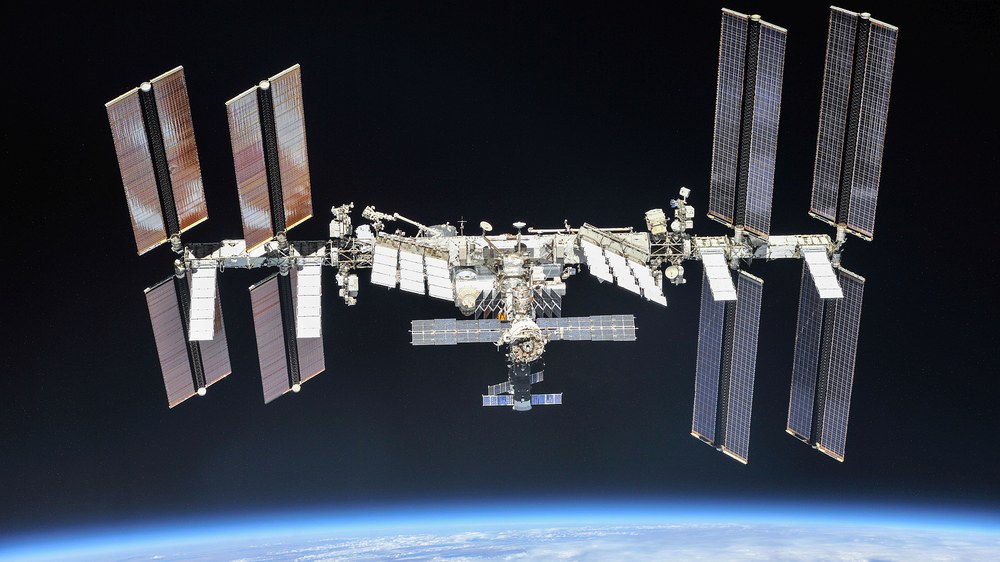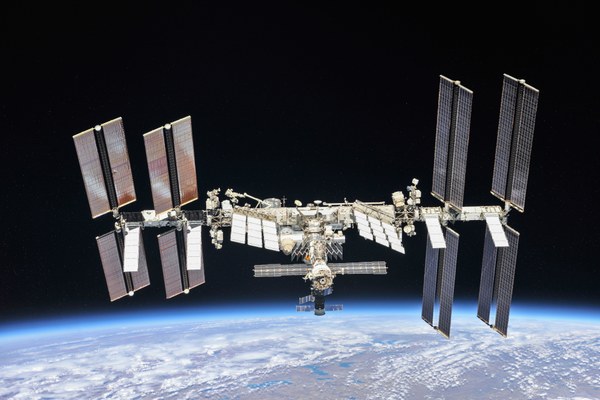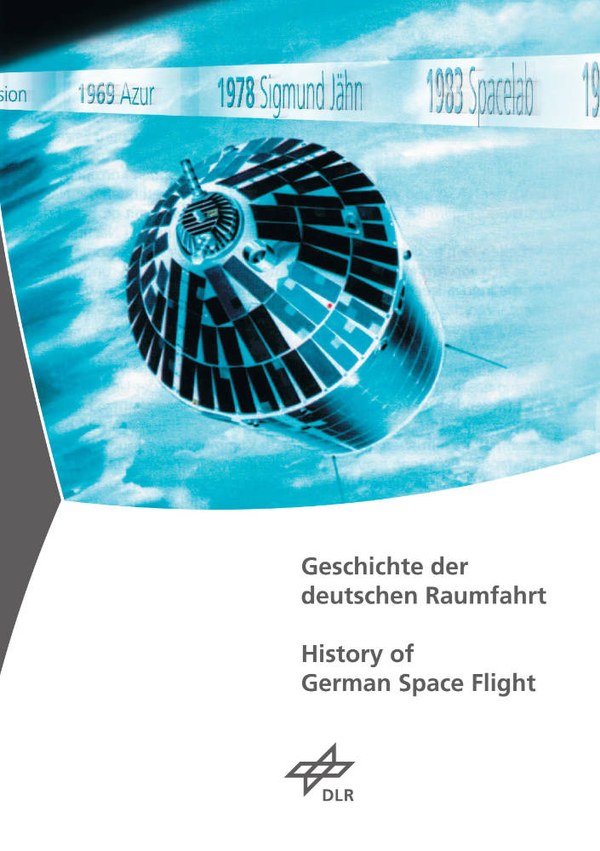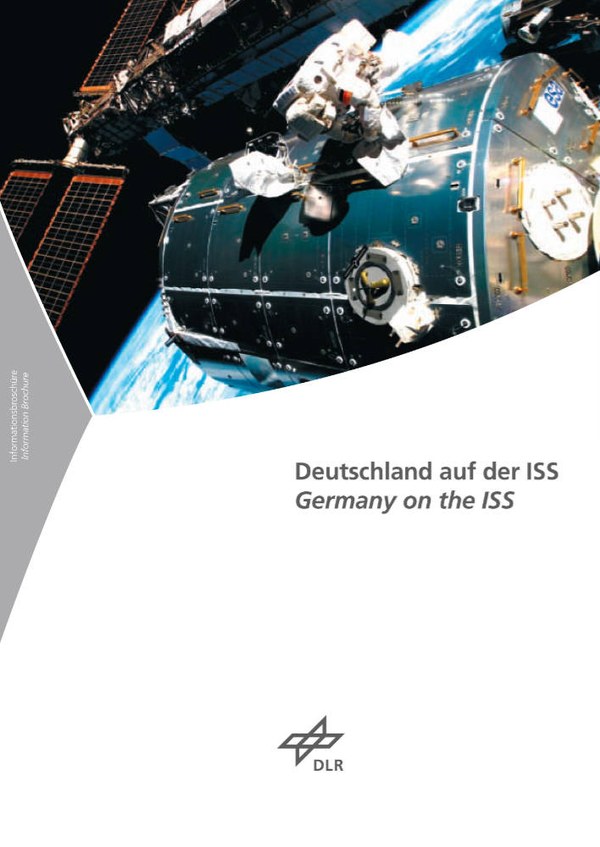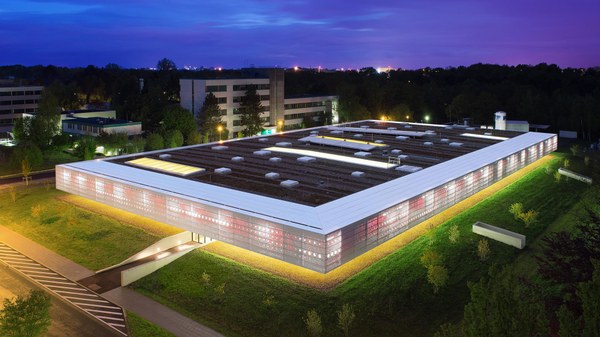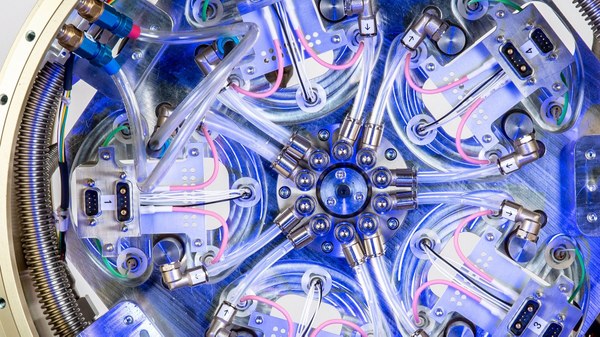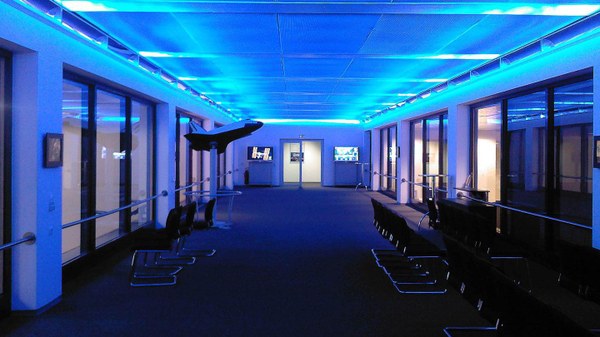International Space Station ISS
The International Space Station (ISS) is a 'flying laboratory' in Earth orbit with exceptional conditions for both fundamental science and applied research. In the microgravity on board the space station 'falling' around the Earth, science and society gain unique insights from astrophysics and materials research to psychology and medicine. Experiments on the ISS also pave the way for future long-term crewed missions to explore the Moon or Mars.
The ISS is a driver of innovation for new industries and technologies such as laser-based communications, robotics and sensor systems. On the ISS, the major space-faring nations are jointly developing solutions that address the global challenges facing society – health, the environment and climate change as well as digitalisation, Industry 4.0, energy and the mobility of tomorrow.
Researchers from Germany have been involved since the scientific utilisation of the space station commenced in 2001. The very first experiment was performed using the German-Russian PKE apparatus to investigate the growth of plasma crystals in microgravity. With over 100 scientific publications, it is one of the most successful research projects on the ISS. To date, well over 3000 experiments from 108 countries have been carried out on the ISS. Approximately 250 people from 19 countries around the world have flown to the ISS. Around 500 experiments originate from ESA utilisation programmes. German scientists have been involved in roughly 200 of these European experiments.
For Germany as an exporting nation, high-tech country and scientific centre, research on the ISS is an investment in the future and at the same time an inspiration for the next generation. Crewed missions with German participation on behalf of the European Space Agency (ESA) strengthen Germany as a centre of science and innovation and make the Federal Republic one of the most intensive users and beneficiaries of the scientific facilities on board the ISS, so that 'Science Fiction' becomes 'Science Facts'.
News
Multimedia




